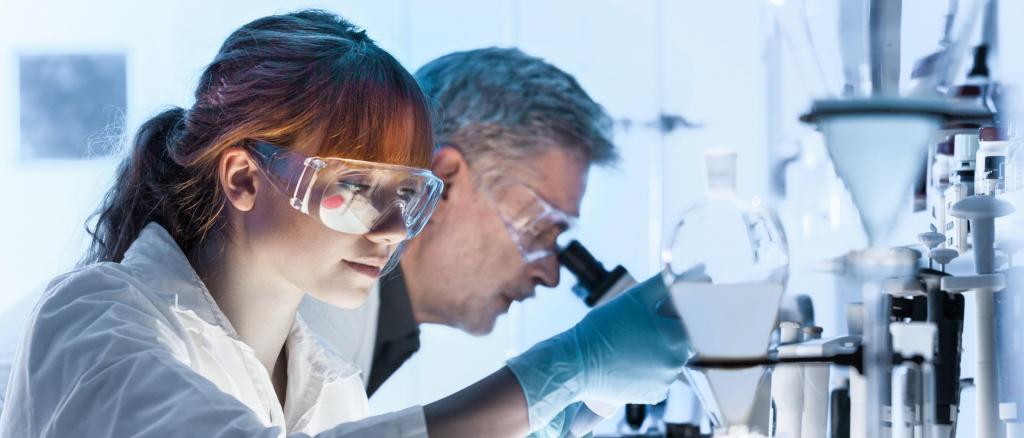
This year three graduate study programs have been selected that build a bridge between natural sciences and medicine, each of which shall be funded with one million euros over a period of four years. Whereas the new programs in Hanover and Mainz begin in the postdoctoral phase, the program in Dresden addresses doctoral candidates.
Hannover
Title: “nextGENERATION: ReGENERAte Organ FunctION”
The Else Kröner School for Medical Scientists entitled “nextGENERATION” is targeted toward setting off on new paths in the training of young postdoctoral fellows in the field of regenerative medicine in order to close the gap between fundamental research and clinical practice. The postdoctoral fellows’ research projects within the program place an emphasis on the use of induced pluripotent stem cells (iPSC) and gene therapy approaches with the aim to develop therapies to repair tissue and organs. The graduate study program allows direct insights to be gained into the requirements for patient care and promotes the attainment of scientific self-reliance, inter alia via own project budgets on the part of the postdoctoral fellows. Individual mentoring and international exchange top off the opportunities for personal career development.
Spokesman: Prof. Dr. Nico Lachmann, Institute for Experimental Hematology, MHH Hannover Medical School
Mainz
Title: “TheRNAtics: RNA-based therapy strategies in tumor immunology and immune-mediated diseases”
Physicians work hand in hand with various disciplines from the basic sciences on new developments such as mRNA-based vaccines. The graduate study program in Mainz therefore wants to establish a sustainable concept for the training of Medical Scientists, their research, and the research they conduct on RNA-based immunotherapies. Medical Scientists will work closely together with Clinician Scientists and find an optimal research environment for their projects in structures such as the Research Center for Immunotherapy or the Helmholtz Institute for Translational Oncology. The graduate fellows are additionally supported by an abundant range of training offers conceived by the Mainz Research School of Translational Medicine.
Spokesmen: Prof. Dr. Özlem Türeci, Prof. Dr. Tobias Bopp, University Medical Center Mainz and Helmholtz Institute for Translational Oncology (HI-TRON)
Dresden
Title: “Dresden Medical Scientist College: ONCOnnect”
The graduate study program entitled “ONCOnnect” focuses on new therapies and diagnostic instruments in the field of personalized oncology. This occurs in four subject areas: Alongside the development of robot-supported surgical assistance systems and image-guided, high-precision irradiation techniques, projects are equally planned in the area of medicinally personalized cell therapy products and the utilization of computer-based simulations. ONCOnnect shall be closely affiliated with the Dresden School of Clinical Science. Natural scientists and physicians work hand in hand on both the care and supervision level as well as on the graduate fellows level in order to implement the transdisciplinary idea posed by the program to the best possible degree while ensuring a close interlinkage thereof.
Spokespersons: Prof. Dr. Dr. Esther G. C. Troost, Prof. Dr. Frank Buchholz, Faculty of Medicine and University Hospital Carl Gustav Carus